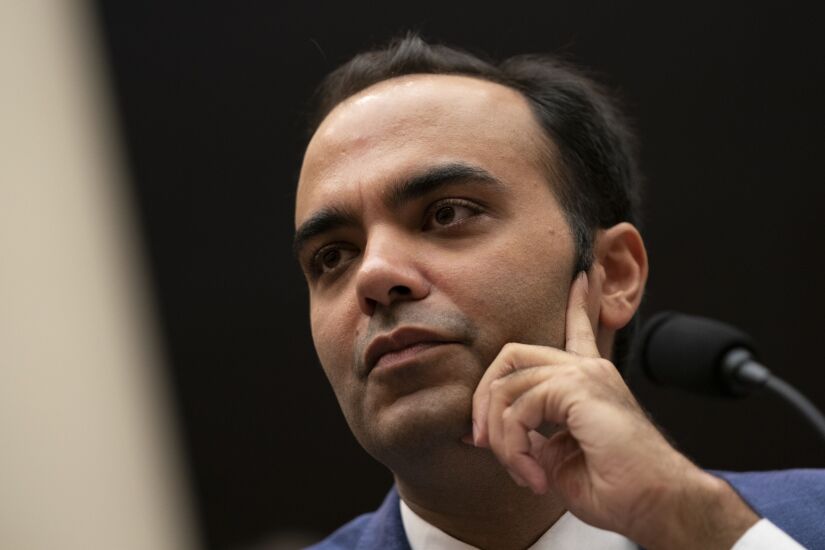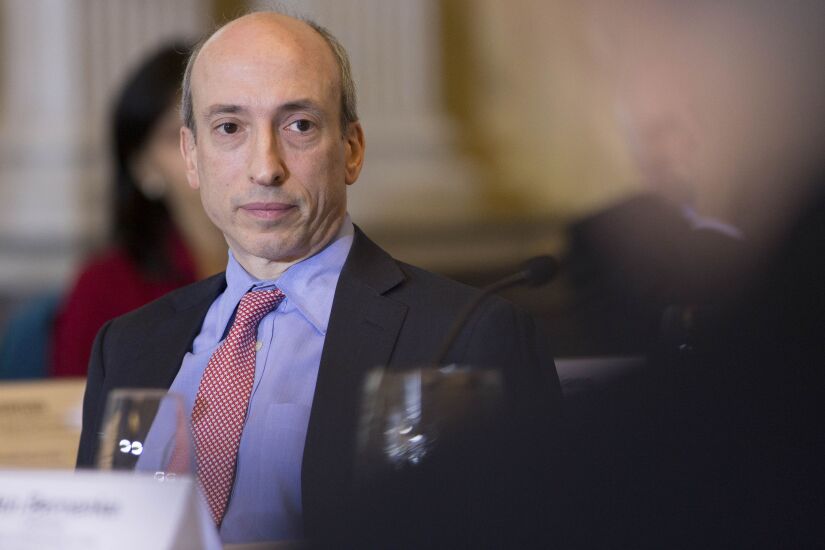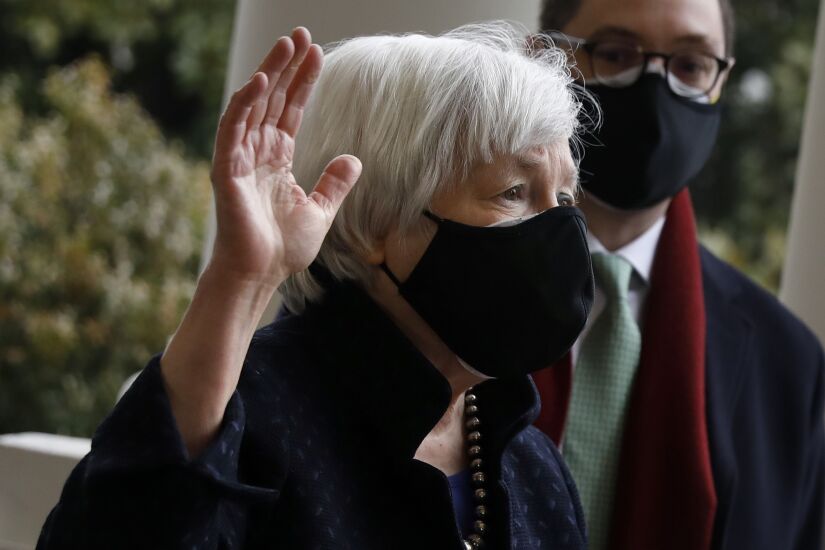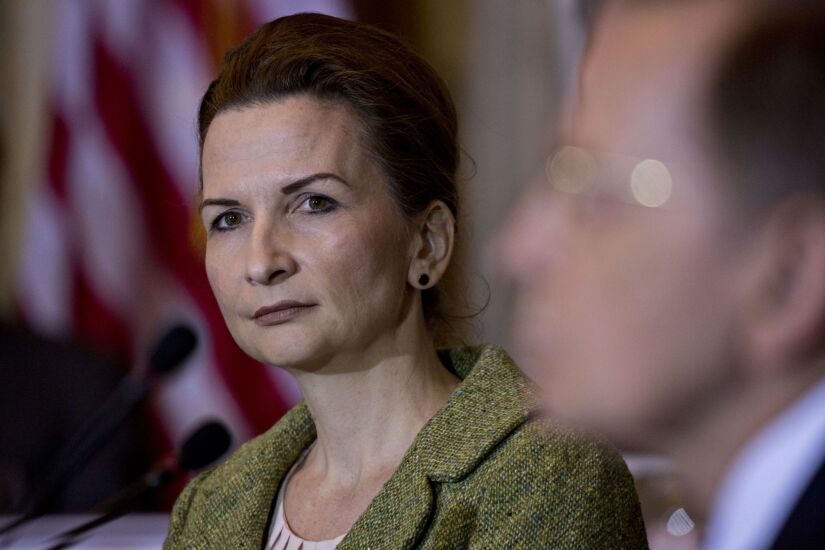WASHINGTON — President Biden has made some progress in completing the pressing task of naming his financial regulatory team, most notably Treasury Secretary Janet Yellen.
Beyond Yellen, who was approved by the Senate in January, the administration has filled out a considerable chunk of the policy team by announcing nominees that are still awaiting confirmation. They include picks to lead the Consumer Financial Protection Bureau, Securities and Exchange Commission, Small Business Administration and Department of Housing and Urban Development.
But the roster is still somewhat of a work in progress. It remains up in the air who the White House will name as comptroller of the currency. Former Treasury official Michael Barr initially was the leading contender, but some are reporting the administration is now leaning toward legal scholar Mehrsa Baradaran.
Meanwhile, some Trump administration holdovers have yet to finish their terms.
Here is a summary of the status of the financial regulators’ leadership, including those the administration has already nominated or is expected to nominate.














